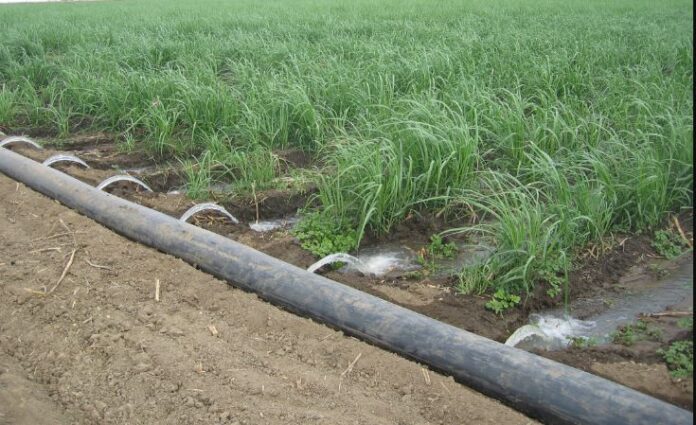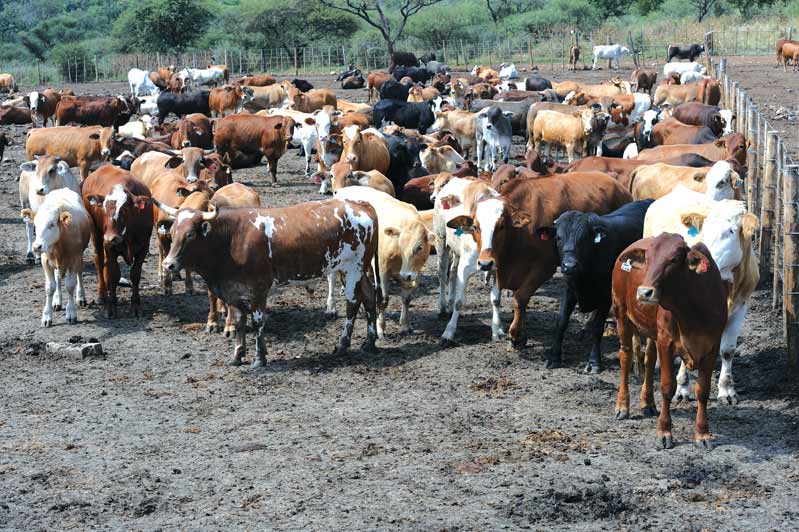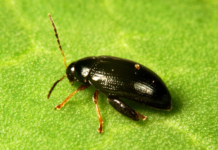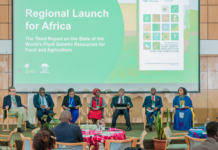The government of Egypt and American company Ecolab have inked a deal to recycle domestic wastewater for irrigation.
The deal which aims to mitigate the effects of water stress in the country, will see Ecolab develop 23 new domestic wastewater treatment plants over five years. The water from these plants will be used for irrigation.
Aerobic treatment solution
The aerobic treatment solution uses bacteria that require oxygen to remove biological nutrients and organic pollutants in the wastewater and produce water and carbon dioxide (CO2). Biological treatment removes biodegradable contaminants from a wide range of waste streams and can generate usable renewable energy that reduces plant consumption.
By 2027, the 25 treatment plants will provide nearly 7 billion cubic meters of water per day to farmers in Egypt, saving enough fresh water to meet the drinking water needs of 20 million Egyptians per year.
“The future installations will bring the number of treatment plants Ecolab has set up in Egypt to 25. We already treat wastewater in Sharm El-Sheikh and Aswan through plants with capacities of 70,000 m3 and 60,000 m3 per day respectively,” said Vishal Sharma, Ecolab’s senior vice president for India, Middle East and Africa.
Agriculture remains an important sector of the Egyptian economy. It contributes nearly one-eighth of the GDP, employs roughly one-fourth of the labour force, and provides the country through agricultural exports with an important part of its foreign exchange.
The rapid increase in Egypt’s population prompted an intensification of cultivation almost without parallel elsewhere. Heavy capital is invested in the form of canals, drains, dams, water pumps, and barrages; the investment of skilled labour, commercial fertilizers, and pesticides is also great.








